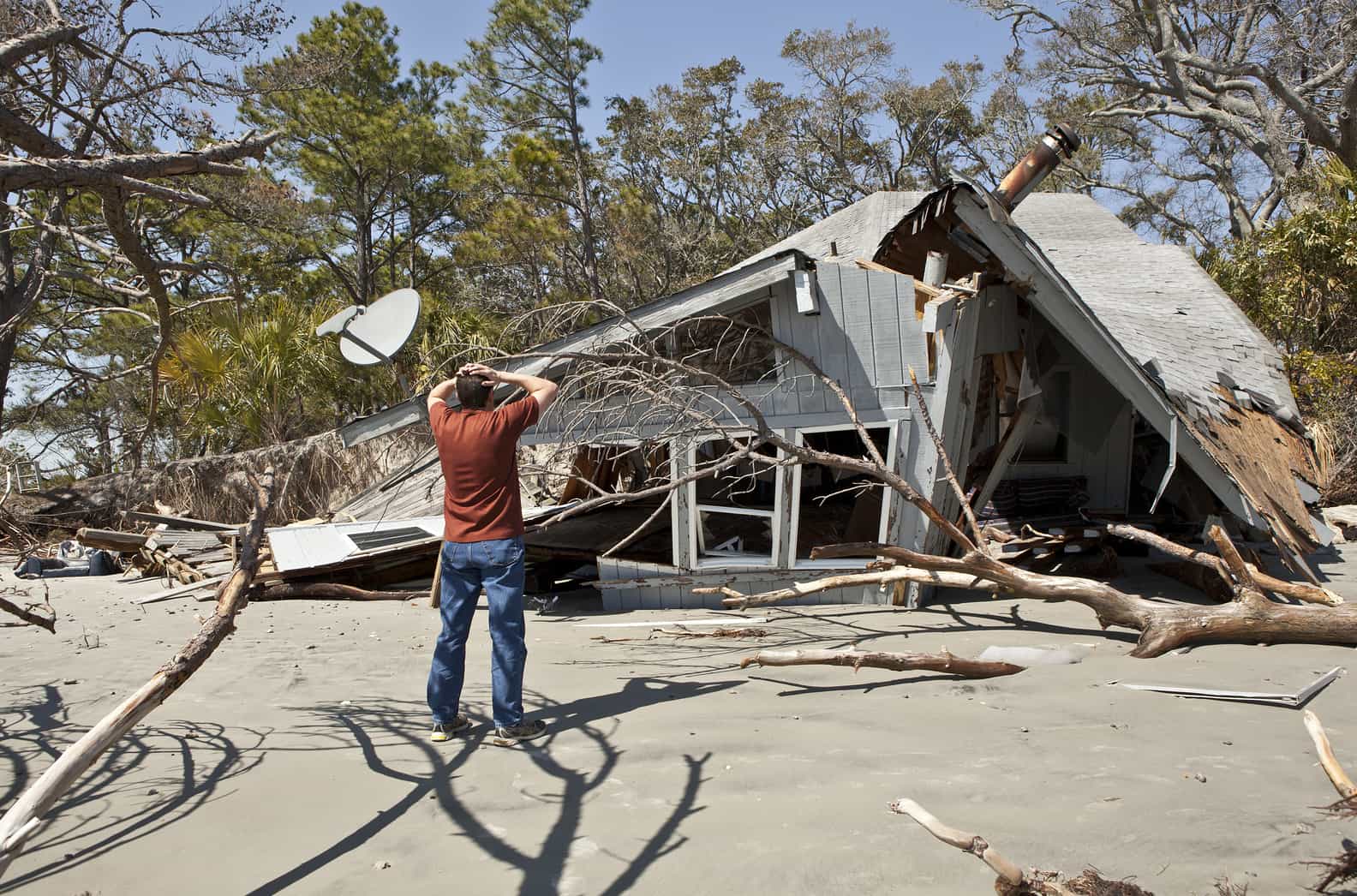
Natural disasters can happen at any time and any place, and tragedy doesn’t discriminate. No one wants to believe they’ll experience a natural disaster, but hurricanes, tornadoes, earthquakes, fires and floods can happen to virtually anyone and, when they do, they can have a significant personal impact. If you ever find yourself in a situation in which your health or home has been affected by a natural disaster and you need natural disaster help, your benefits may be able to provide critical assistance in your time of need.
Whom Do You Call First?
Your first point of contact will largely depend on what type of natural disaster assistance you need. If you or your family are in immediate danger, contact the fire and rescue department and the police. When the threat passes and you’re safe, your benefit providers may be able to help.
If a disaster has impacted you but not your employer, be sure to let your manager know what has happened. Your company will be concerned about your well-being and may be able to advise you on using your benefits. If your company is understaffed or completely closed down because of a large-scale natural disaster, contact your benefit providers directly.
How Can Your Benefits Help?
While the assistance you’re eligible for will be unique based on your employer’s offerings and your own benefit elections, some of these popular options can assist you in your time of need:
Medical and Dental Insurance
If you’re injured during a natural disaster, your insurance may cover portions of your treatment costs if you have broken bones, burns, missing teeth or other health-related issues.
Flexible Spending Accounts (Dependent and Health)
If you do need medical help as the result of a natural disaster, an annual flexible spending account can help. You can use that pretax money to cover prescriptions, medical copays and eligible child care costs.
Retirement Plans (401k)
To help cover damages and medical costs, you may be able to take a loan out against your employer-sponsored 401(k) or 403(b) account. Even if you can’t take out a loan, your retirement provider may offer financial counseling at little to no cost.
Short- and Long-Term Disability
After you’ve used your medical or dental insurance, your doctor might decide that you are unable to work for a set period as a result of any injuries. Short- and long-term disability policies may pay a certain percentage of your salary while you are unable to work. Contact your provider to confirm your eligibility and to check whether waiting periods apply.
Life Insurance
No one likes to think about it, but earthquakes, wildfires and other natural forces often claim lives. If anyone in your family succumbed to a natural disaster (which we hope is not the case), contact their life insurance provider immediately to file a claim. The financial support provided by life insurance benefits can help you cover funeral costs and can also assist you and your family as you recover from the natural disaster and plan for the future.
Paid Time Off (PTO)
If you’re unable to work or need mental recovery time after a natural disaster, your paid leave benefits can help by providing income while you’re off. Some companies even allow other employees to donate their banked leave time to an employee in need. Log into My TotalSource® to review your company’s PTO policies and determine how many hours you’re eligible to use.
Employee Assistance Program (EAP)
An EAP can help you in many ways when recovering from a natural disaster. It can offer emotional counseling, financial consultations and discounts on legal fees, home services and more.
Finally, Just Be Prepared
Every year, thousands of people are affected by natural disasters, and it’s better to be prepared than to be stuck with little to no assistance. Visit My TotalSource® to learn more about your benefits and how they might help you in the event of a natural disaster. Make sure to keep a list of all important policy information. Jot down provider names and contact information, policy numbers and anything else you might need in an emergency — bonus points for keeping a copy of this information in the cloud so you have access to it anywhere and at any time.






